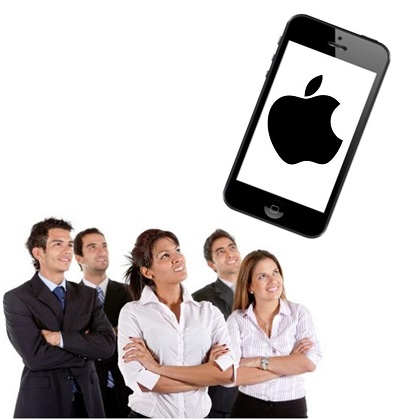Digital commerce is here to stay and as more people get their hands on mobile devices, the issue of security is becoming more important. Most people have no problem buying things online, so they don’t take time to worry about security. It only takes one misstep to fall prey to exploitation, however, and that could have serious financial consequences. There are some ways you can protect yourself, of course, and it might be worth your time to make sure you’re safe online.
- Be Careful About What You Share
Sharing anything online should be done with caution. Information isn’t always safe, and there are malicious groups out there that would use any information you provide for personal gain. Be careful about sharing personal info with third party groups that claim to represent retailers and be especially cautious about who you share your mobile device with. When you hand over your mobile device, the person using it could easily access any financial information you have stored on it.
- Watch Out For Suspicious Sites
Not all websites are safe. Some exist for the sole purpose of stealing your information by disguising themselves as reputable e-commerce portals. One way to ensure the legitimacy of a website is to look at its URL. If you’re going to make a transaction online, look for the “https” at the beginning of a URL. This means that the site is encrypted, meaning that it has some degree of legitimacy. Even sites with an “https” can be fraudulent, however, either because they’ve been compromised by a malicious group, or for a wide range of other reasons. When in doubt, you can always search a company’s reputation on the Internet.
- Question Everything
There are many dangers that lurk in the digital world, and not all of them are readily apparent. Being suspicious of something doesn’t mean you’re being overly paranoid, it just means that you’re being safe. You can find out a lot about a company by looking them up online. If there’s a lack of information online, that may be a sign of trouble. If you’re dealing with an organization you don’t trust, make sure you record all purchase information. This could come in handy if you have to combat a fraudulent charge in the future.
Being safe online can be a time consuming process, but the consequences for not protecting yourself could be much worse than you imagine. For the most part, buying things online is simple and not dangerous in any way, but taking the time to protect yourself could help you avoid problems in the future, especially if you ever attempt to purchase from a company you’re not familiar with.

 When it comes to mobile commerce, many financial institutions and retail organizations embrace new services in order to connect with mobile consumers more effectively. This behavior is also common among consumers. People often embrace new services as they become available, but jump from one service to the next as they see fit. Apple Pay is not immune to this behavior, and if it cannot provide consumers with enough incentive to continue using it, people will find something similar, but more aligned with their interests.
When it comes to mobile commerce, many financial institutions and retail organizations embrace new services in order to connect with mobile consumers more effectively. This behavior is also common among consumers. People often embrace new services as they become available, but jump from one service to the next as they see fit. Apple Pay is not immune to this behavior, and if it cannot provide consumers with enough incentive to continue using it, people will find something similar, but more aligned with their interests.